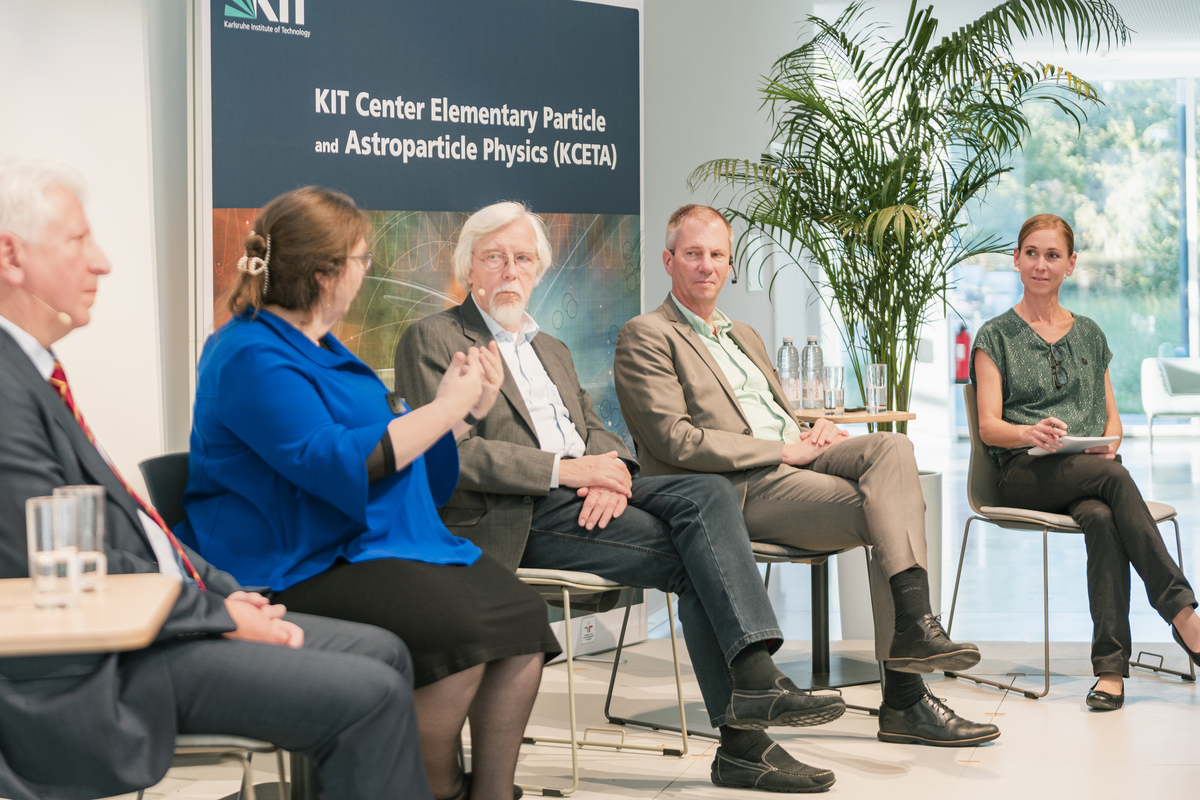CERN-70 Celebrations at KIT
CERN was founded in the years following WWII to promote peaceful research in the emerging field of nuclear physics. The laboratory has an impressive track record of breakthroughs in fundamental research, such as the discoveries of the W and Z bosons, and the Higgs boson, along with significant contributions to society like the development of the World Wide Web and PET scanners. Today, CERN has 24 member states, numerous observer nations, and international partners. Around 14,000 guest scientists from 85 nations work on CERN experiments.
KIT’s connection to CERN dates back to the laboratory's early days, strengthened by Herwig Schopper, who celebrated his 100th birthday this year. Schopper, the first German Director General of CERN, previously headed the Institute for Nuclear Physics in Karlsruhe. Currently, KIT collaborates on the CMS experiment, operates GridKa for computing, and contributes to the development of state-of-the-art magnet technologies and accelerators.
Karlsruhe marked CERN’s 70th anniversary with four special events at the TRIANGEL and InformatiKOM. An open-air screening of “Particle Fever” was followed by a discussion featuring Profs. Husemann and Klute. The societal impact of fundamental research was explored in a panel discussion with Profs. Heuer, Eitel, Müller, and KIT’s Acting President, Prof. Kraft, moderated by Dr. Brandt-Bohne. Scientists from KCETA engaged the public in “Family and Friends” with an exhibition and discussion rounds, bringing particle physics closer to the community. Finally, Benedikt Maier made a guest appearance on “Stulle,” a late-night show at Kronenplatz.


